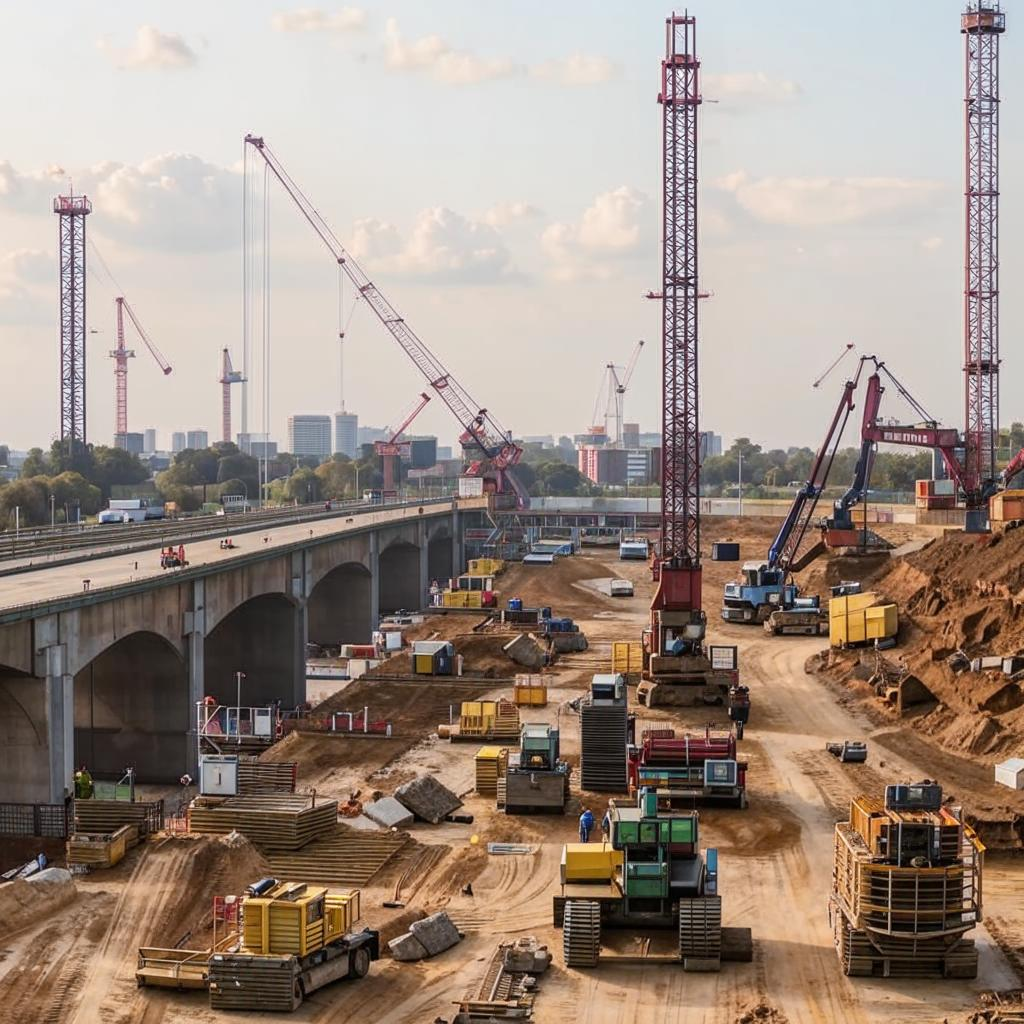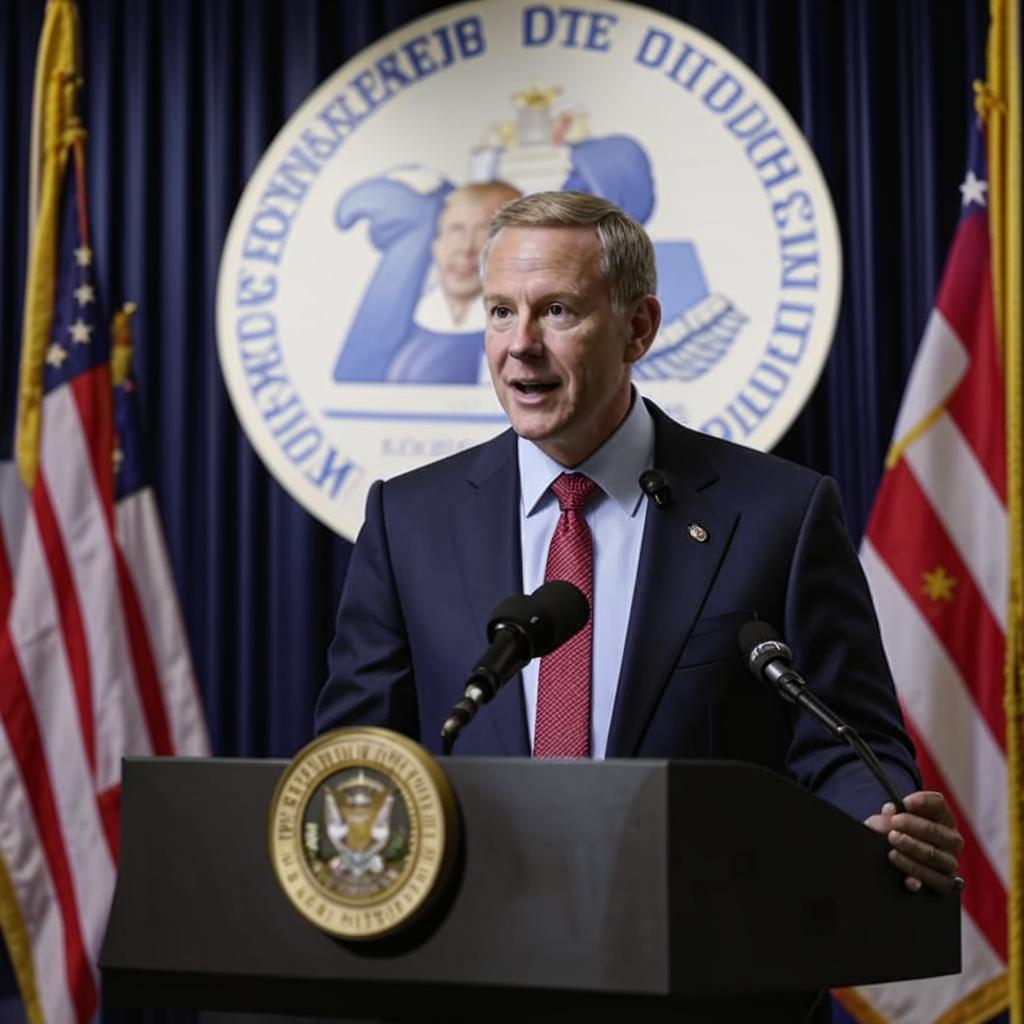Biden’s Bipartisan Infrastructure Law, enacted a year prior to the White House publication, is now funding over 4,300 projects across the United States. These projects span transportation, broadband internet access, clean energy, and water infrastructure, aiming to modernize the nation’s infrastructure and create jobs.
Significant investments are being made to repair roads and bridges, improve public transportation systems, and expand access to high-speed internet, particularly in rural and underserved communities. The plan also prioritizes upgrading the power grid, supporting clean energy initiatives, and ensuring access to clean drinking water by replacing lead pipes and addressing water contamination issues.
The scale of these projects varies, from small-scale community improvements to large-scale infrastructure overhauls. The administration emphasizes the long-term economic benefits of these investments, highlighting job creation, increased productivity, and enhanced competitiveness. Furthermore, the infrastructure upgrades are designed to improve safety, resilience, and sustainability, preparing the nation for future challenges related to climate change and economic shifts. The administration continues to monitor the progress of these projects and ensure efficient use of taxpayer dollars. This initiative is seen as a critical step towards building a more robust and equitable infrastructure system for all Americans.












